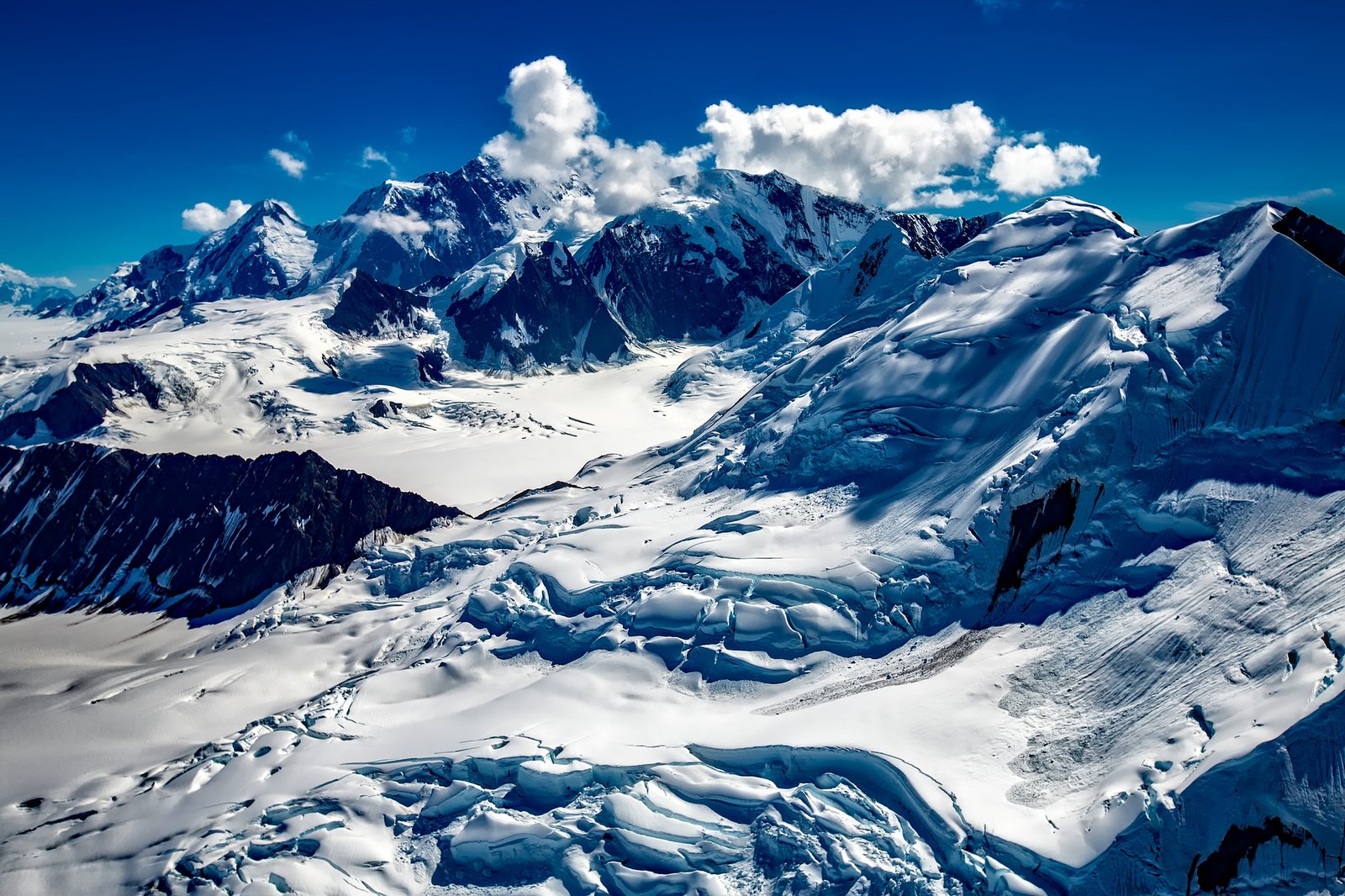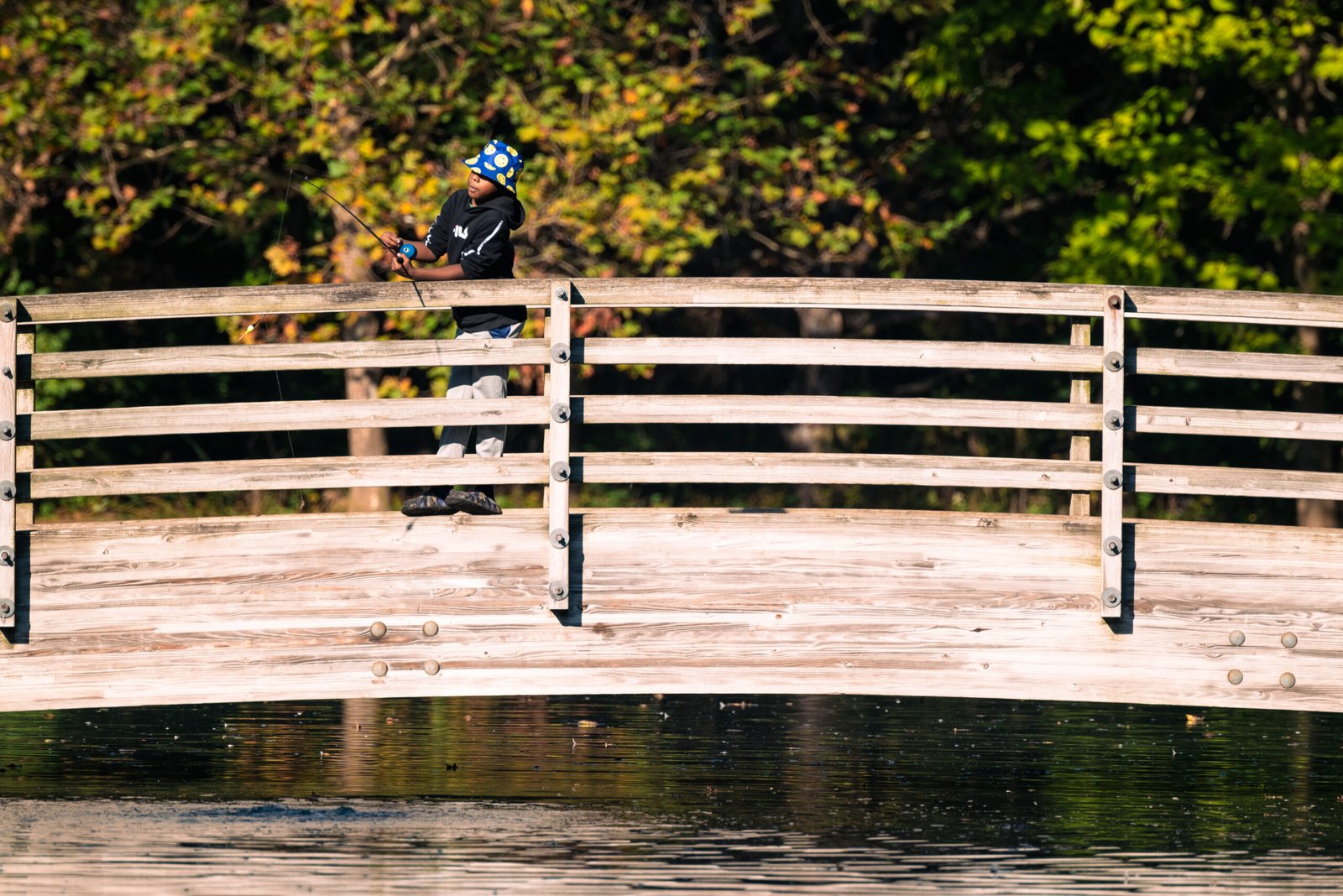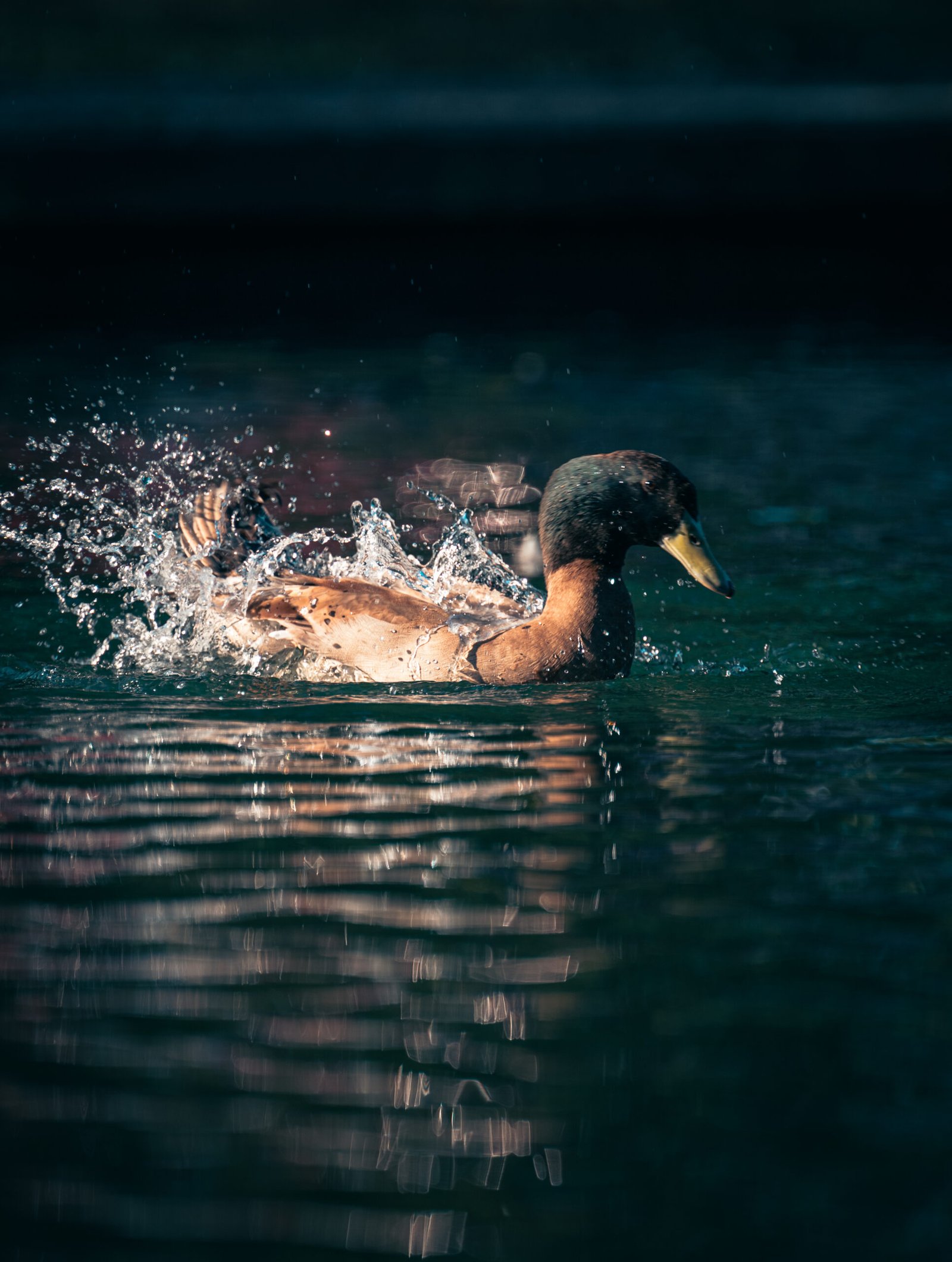
Koyukuk, Alaska
Alright, let’s travel to the idyllic land of Koyukuk, Alaska – one of the charming cities in the Last Frontier state! Nestled amidst breathtaking beauty, Koyukuk is a place that showcases the untamed wilderness and rich Alaskan heritage. From its picturesque landscapes to the warm hospitality of its residents, Koyukuk offers a unique experience that is truly unforgettable. So, pack your bags, get ready to explore this awe-inspiring location, and immerse yourself in the wonders of Koyukuk, Alaska.

Geography
Location
Koyukuk, Alaska is located in the central part of the state, about 290 miles west of Fairbanks. Situated in the Yukon-Koyukuk Census Area, it lies along the Koyukuk River, which is a tributary of the mighty Yukon River. The town is surrounded by vast wilderness, with the Koyukuk National Wildlife Refuge to the north and the Kanuti National Wildlife Refuge to the south. Koyukuk offers a serene and untouched natural landscape that is truly a sight to behold.
Physical Features
The physical features of Koyukuk are shaped by its proximity to the Koyukuk River and the surrounding mountain ranges. The town sits on a relatively flat terrain, nestled between the rolling hills and dense forests. The Koyukuk River not only provides a beautiful backdrop to the town, but it also serves as a lifeline for transportation and sustenance. The river attracts a variety of wildlife, including salmon, which plays a crucial role in the local ecosystem and economy. The rugged beauty of the mountains that encircle Koyukuk adds to the charm of the area, providing breathtaking views and opportunities for outdoor exploration.
History
Early Settlement
The history of Koyukuk dates back thousands of years, with indigenous Athabascan people being the original inhabitants of the area. They were hunter-gatherers who relied on the abundant natural resources for their survival. The location along the Koyukuk River made it an ideal spot for settlement, as the river provided not only sustenance but also a means of transportation. The Athabascan people had a deep connection to the land and lived in harmony with nature.
Gold Rush Era
Koyukuk experienced a significant influx of people during the late 19th century, thanks to the Klondike Gold Rush. The discovery of gold in the nearby Klondike region attracted thousands of adventurers and prospectors, many of whom passed through Koyukuk on their way north. The town became a vital supply and trading post, catering to the needs of the gold seekers. It was a bustling hub of activity, with businesses, saloons, and other establishments flourishing. However, the gold rush was short-lived in Koyukuk, as the majority of the gold was found in other areas.
Post-Gold Rush
After the gold rush era, Koyukuk saw a decline in population, and many businesses closed down. However, the indigenous Athabascan people continued to live in the area, maintaining their connection to the land and their traditional way of life. In recent years, there has been a renewed interest in Koyukuk, with people recognizing the town’s natural beauty and potential for outdoor recreation. Efforts have been made to preserve the history and culture of the Athabascan people, and Koyukuk is now considered a gateway to the wilderness and a place for cultural exploration.
Demographics
Population
The population of Koyukuk is relatively small, with just a few hundred residents. The town has a close-knit community feel, and the low population allows for a strong sense of camaraderie and connection among the residents. The small population also contributes to the tranquility and peacefulness of the area, making Koyukuk an ideal destination for those seeking solitude in the heart of nature.
Ethnicity
The majority of the population in Koyukuk is of Athabascan descent, with the indigenous community being an integral part of the town’s culture and heritage. The Athabascan people have a rich history and traditions that are deeply rooted in the region, and their presence is celebrated and respected by the wider community. Koyukuk is a place where diverse cultures come together, creating a vibrant and inclusive atmosphere.
Education
Koyukuk recognizes the importance of education and provides quality educational opportunities for its residents. The town is home to a primary school that offers education from kindergarten to grade 8. For high school education, students typically travel to nearby towns or opt for distance education programs. The focus on education ensures that the younger generation in Koyukuk has access to the knowledge and skills necessary for their future endeavors.
Climate
Seasonal Variation
Koyukuk experiences a subarctic climate, characterized by long, cold winters and relatively short, mild summers. The seasonal variations are pronounced in this part of Alaska, with temperatures ranging from well below freezing in the winter to pleasantly warm in the summer. The winter months bring snowfall and freezing temperatures, creating a winter wonderland for outdoor enthusiasts. In contrast, summers offer longer daylight hours and pleasant temperatures, making it the perfect time to explore the natural beauty of the region.
Extreme Weather Events
Due to its northern location, Koyukuk is susceptible to extreme weather events. Winter storms can bring heavy snowfall and strong winds, creating challenging conditions for residents. However, the community is well-prepared and resilient, adapting to the harsh climate and taking necessary precautions to ensure safety during extreme weather events. Despite the challenges, the residents of Koyukuk embrace the unique climate and make the most of the diverse seasons that shape their lives.

Economy
Key Industries
The economy of Koyukuk is primarily driven by subsistence activities, such as hunting, fishing, and gathering. The Athabascan people have a deep connection to the land and rely on the rich natural resources for their sustenance. The Koyukuk River and the surrounding wilderness provide ample opportunities for fishing and hunting, which not only support the local community but also contribute to the unique cultural heritage of the area. Additionally, tourism has emerged as a growing industry in recent years, attracting visitors who are drawn to the untouched beauty of Koyukuk.
Employment
Employment opportunities in Koyukuk are diverse, with residents engaging in a variety of occupations. Many work in subsistence activities, providing for their families through hunting, fishing, and gathering. Others may find employment in education, healthcare, or utility services. Additionally, there are opportunities in the tourism sector, with local guides and tour operators offering outdoor excursions and cultural experiences to visitors. The economy of Koyukuk is a reflection of the community’s dedication to sustainability and maintaining a balance between economic development and the preservation of their traditional way of life.
Tourism
Koyukuk’s untouched natural beauty and rich cultural heritage have made it an increasingly popular destination for tourists. Visitors are attracted to the opportunity to explore the vast wilderness, engage in outdoor activities, and immerse themselves in the local Athabascan culture. Tourists can enjoy fishing trips on the Koyukuk River, go hiking in the surrounding mountains, or experience traditional practices such as storytelling and traditional arts and crafts. The tourism industry not only provides economic opportunities for the community but also serves as a platform for cultural exchange and preservation.
Transportation
Air Travel
Air travel is the most convenient way to reach Koyukuk. The town is served by a small airport that offers regular flights to and from Fairbanks, linking Koyukuk to the rest of Alaska and beyond. The airport provides a vital lifeline for residents, allowing for the transportation of essential goods and services. Visitors can easily access Koyukuk by booking a flight to Fairbanks and then taking a short connecting flight to the town.
River Transportation
The Koyukuk River serves as a significant means of transportation in and around Koyukuk. The river allows for the movement of goods, supplies, and people to remote areas that may not be accessible by road. Traditional methods of river transportation, such as canoes and boats, are still used by the residents for subsistence activities and recreational purposes. River travel provides a unique perspective of the landscape and offers an immersive experience of the natural beauty of Koyukuk.

Education
Schools
Koyukuk is home to a primary school, providing education from kindergarten to grade 8. The school serves as a hub for learning and fosters a supportive and inclusive environment for students. By offering a well-rounded education, Koyukuk’s primary school equips students with the foundational knowledge and skills necessary for their academic and personal development.
Higher Education
For higher education, students from Koyukuk typically have to travel to nearby towns or opt for distance education programs. Various universities and colleges in Alaska provide opportunities for further education in a range of fields. Higher education plays a crucial role in empowering individuals from Koyukuk to explore new opportunities and contribute to the growth and development of their community.
Culture
Traditional Practices
The culture of Koyukuk is deeply rooted in the traditions and practices of the Athabascan people. The indigenous community has a strong connection to the land and follows traditional practices that have been passed down for generations. This includes subsistence activities such as hunting, fishing, and gathering, as well as traditional arts and crafts. The Athabascan people take great pride in their cultural heritage and actively engage in cultural preservation, ensuring that their traditions continue to thrive in the modern world.
Festivals and Events
Koyukuk celebrates its unique cultural heritage through various festivals and events throughout the year. The community gathers to participate in traditional dances, storytelling sessions, and arts and crafts exhibitions. These events offer an opportunity for residents and visitors to immerse themselves in the vibrant Athabascan culture, learn about their traditional practices, and celebrate their rich history. The festivals and events of Koyukuk are a testament to the community’s resilience, unity, and commitment to honoring their roots.
Recreation
Outdoor Activities
Koyukuk offers a plethora of outdoor activities for residents and visitors alike. With its pristine wilderness and diverse landscapes, the area is a haven for outdoor enthusiasts. Fishing on the Koyukuk River is a popular activity, with salmon being a prized catch. Hunting expeditions allow individuals to connect with nature and experience the thrill of tracking game. Hiking trails in the surrounding mountains offer breathtaking views and opportunities for wildlife spotting. Outdoor activities in Koyukuk provide a chance to experience the raw beauty of Alaska and create lasting memories.
Sports
Sports have an important place in the community of Koyukuk. The town hosts various sports events and competitions that bring the community together and promote physical fitness and camaraderie. Traditional games, such as stick pull and blanket toss, provide a glimpse into the rich cultural heritage of the Athabascan people. Sports not only serve as a form of recreation but also foster teamwork, discipline, and a sense of pride within the community.
Music and Arts
The music and arts scene in Koyukuk showcases the creativity and talent of the community. Traditional music, including drumming and singing, is an integral part of cultural celebrations and gatherings. Local artists showcase their skills through traditional crafts, such as beadwork and basketry, which are highly valued for their intricate designs. The music and arts of Koyukuk reflect the deep connection between the community and their cultural heritage, providing a platform for expression and preserving their traditions.
Notable Landmarks
Koyukuk National Wildlife Refuge
The Koyukuk National Wildlife Refuge is a notable landmark in the region, encompassing over 3.5 million acres of untouched wilderness. It serves as a sanctuary for a diverse range of wildlife species, including moose, caribou, wolves, and migratory birds. The refuge offers unparalleled opportunities for wildlife viewing, birdwatching, and photography. Visitors can explore the pristine landscapes through hiking trails and guided tours, immersing themselves in the beauty and serenity of nature.
Koyukuk River
The Koyukuk River is a defining feature of the region, playing a vital role in the town’s history and culture. It is a major tributary of the Yukon River and offers stunning scenery along its meandering path. The river is known for its rich salmon runs, attracting both fishermen and nature enthusiasts. Additionally, the Koyukuk River provides opportunities for recreational activities such as boating, canoeing, and kayaking. It is a cherished resource for the community and a symbol of the deep connection between the people of Koyukuk and their environment.
In conclusion, Koyukuk, Alaska is a place of rich cultural heritage, stunning natural landscapes, and a resilient community. From its early settlement to the impact of the gold rush, Koyukuk’s history is intertwined with its geography and the indigenous Athabascan people who call it home. The town’s demographics, climate, and economy reflect its unique position in the heart of Alaska. With a focus on education, sustainability, and cultural preservation, Koyukuk stands as a gateway to the wilderness and a testament to the enduring spirit of its residents. Whether it be through outdoor activities, sports, or celebrations of traditional practices, Koyukuk offers a diverse range of experiences for those seeking to explore and appreciate the wonders of Alaska.
